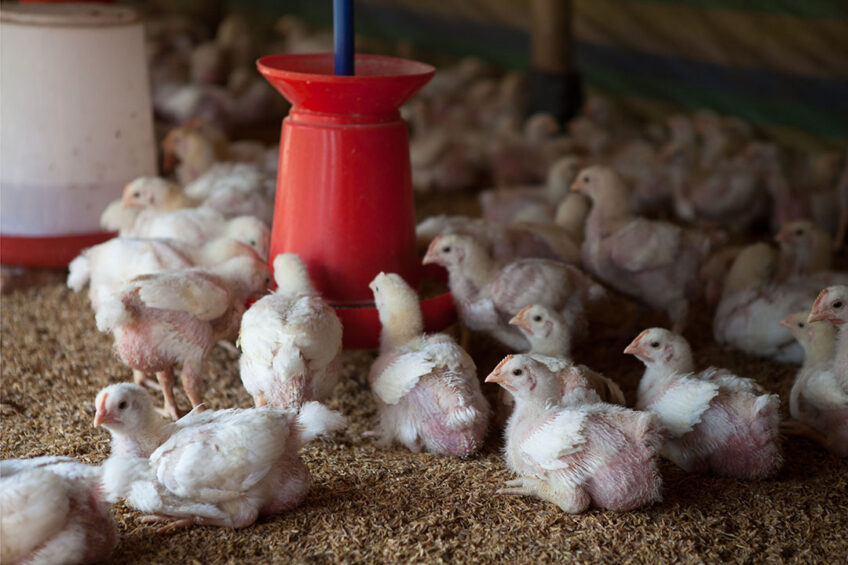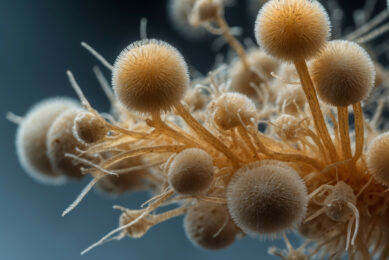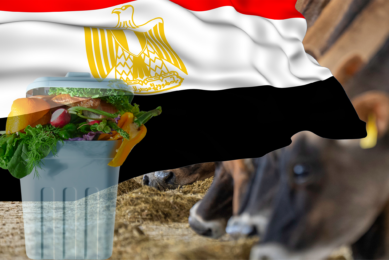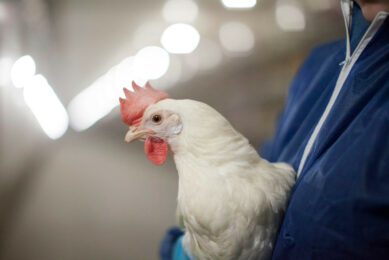Scientists want to source feed protein from poultry litter

A group of scientists from Russia’s Ufa science and technology university said it developed a promising scheme for extracting protein from poultry litter.
The authors of the study say that they developed a special solution, allowing them to dissolve poultry litter and obtain protein, among other substances. If the technology is proven effective, it will save poultry farmers a lot of money.
The scientists have already launched a pilot laboratory installation, while the first industrial line producing protein from poultry litter is in the pipeline, said Vadim Zakharov, acting rector of Ufa University. The authors of the study believe that this protein could be swiftly absorbed by chickens when passing through their organism the second time, though additional studies are required to prove that assumption.
The first field trial is on the way
The feed protein sourced from the chicken litter has already been successfully tried in manufacturing cattle feed, local press reported, not providing additional details. Currently, the authors are preparing for the first field trials at a poultry farm, stating that “the chance for success is great.”
Some local market players have already expressed their interest in the technology. Zalim Abbazov, head of the ecological department of the Bashkir Agro-Industrial Complex, a major local chicken manufacturer, said that the first production line separating protein from poultry litter could begin operation at the company in 3 to 5 years.
Abbazov also expressed confidence that this technology could be widely used in the whole country.
Environmental benefits
Proper disposal of chicken litter is a headache for poultry businesses in Russia, where it is classified as waste posing a threat to the environment, the scientists said. It is believed that proper recycling of poultry litter was one of the key rationales for developing this technology.
Some Russian poultry companies invest in establishing their own poultry litter recycling capacities to cut down operational costs.
“We have set ourselves the task of recycling the waste that is generated in huge quantities. One poultry farm is 200 tons daily. And this is a big environmental problem which is yet to be tackled. And if, thanks to our technologies, we can solve it, it will be great,” said Rashit Farkhutdinov, a professor at the Department of Biochemistry.











